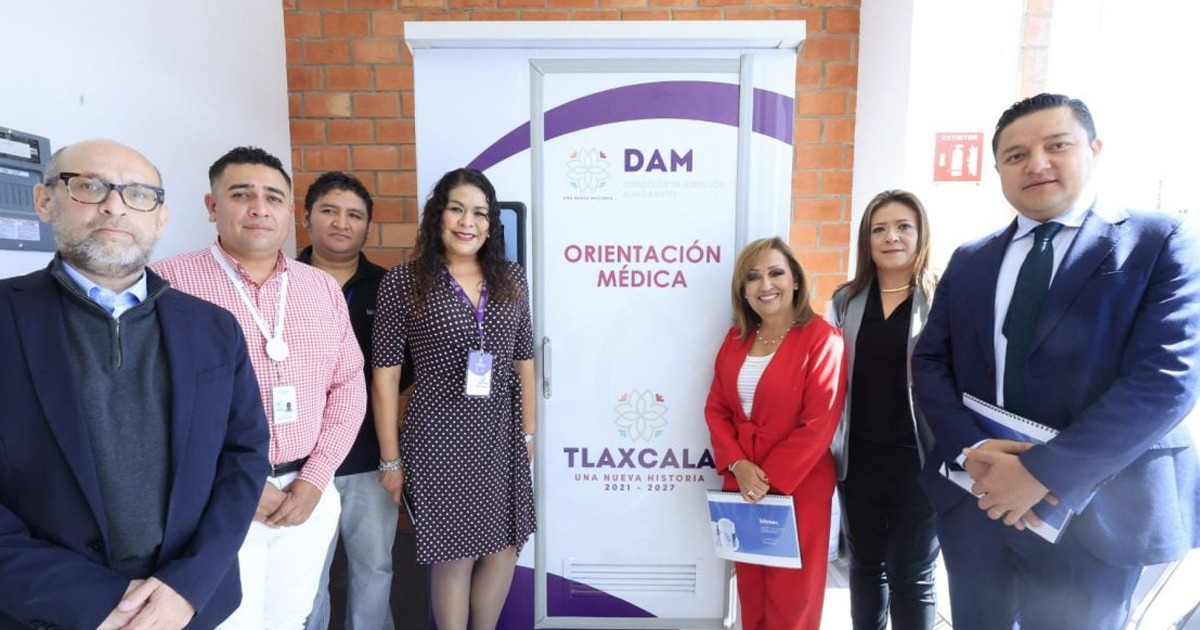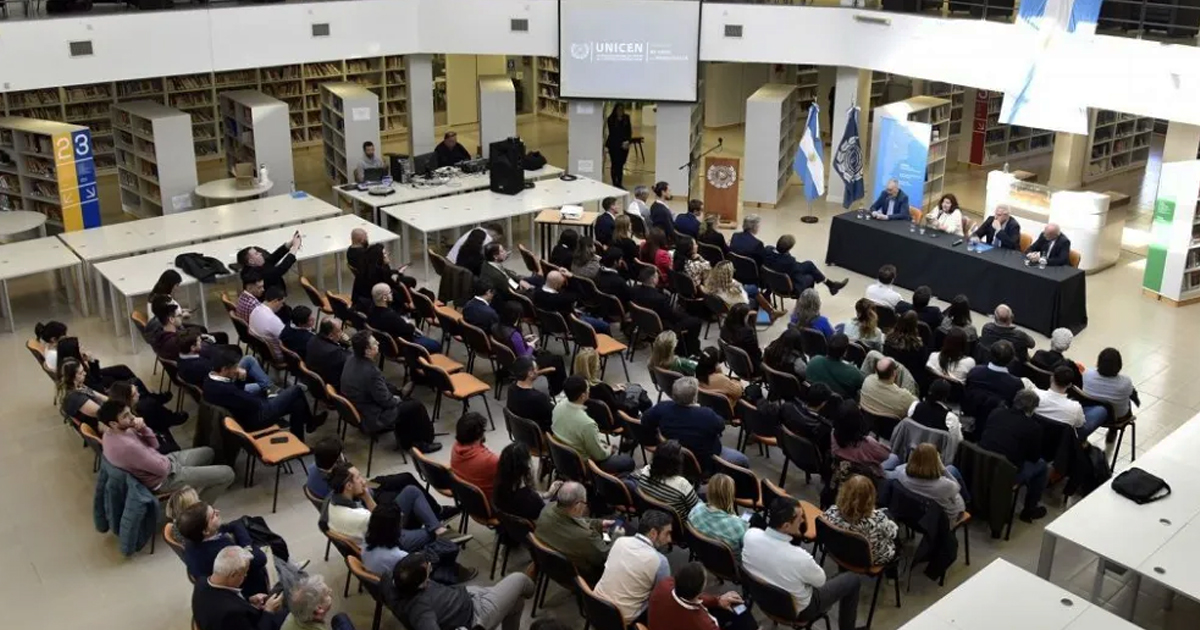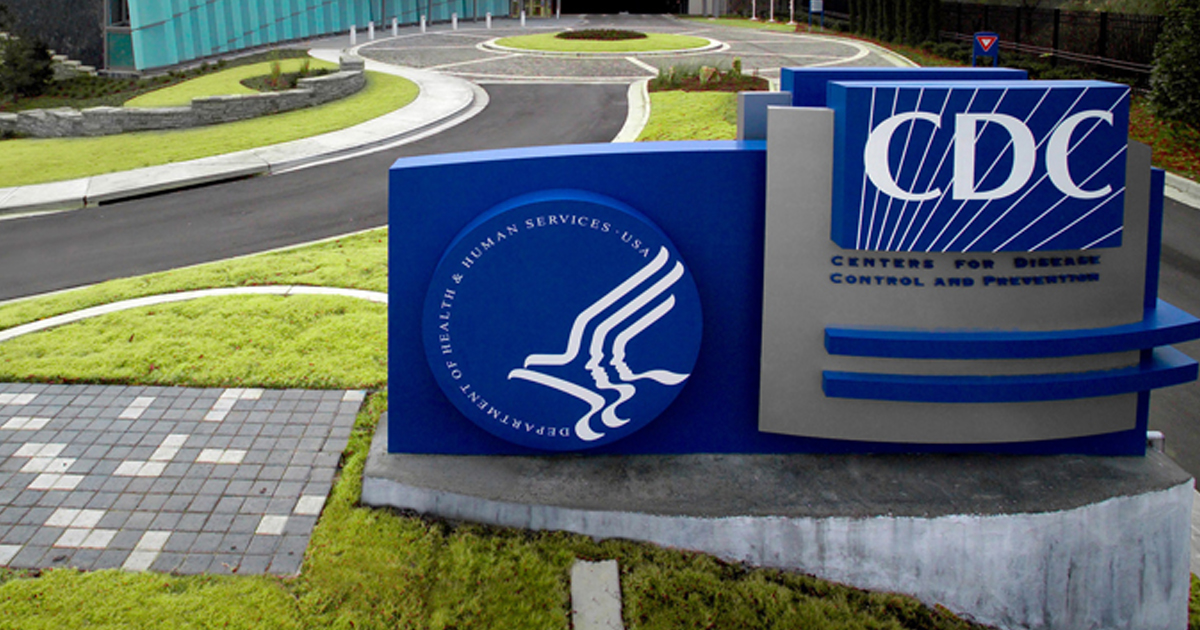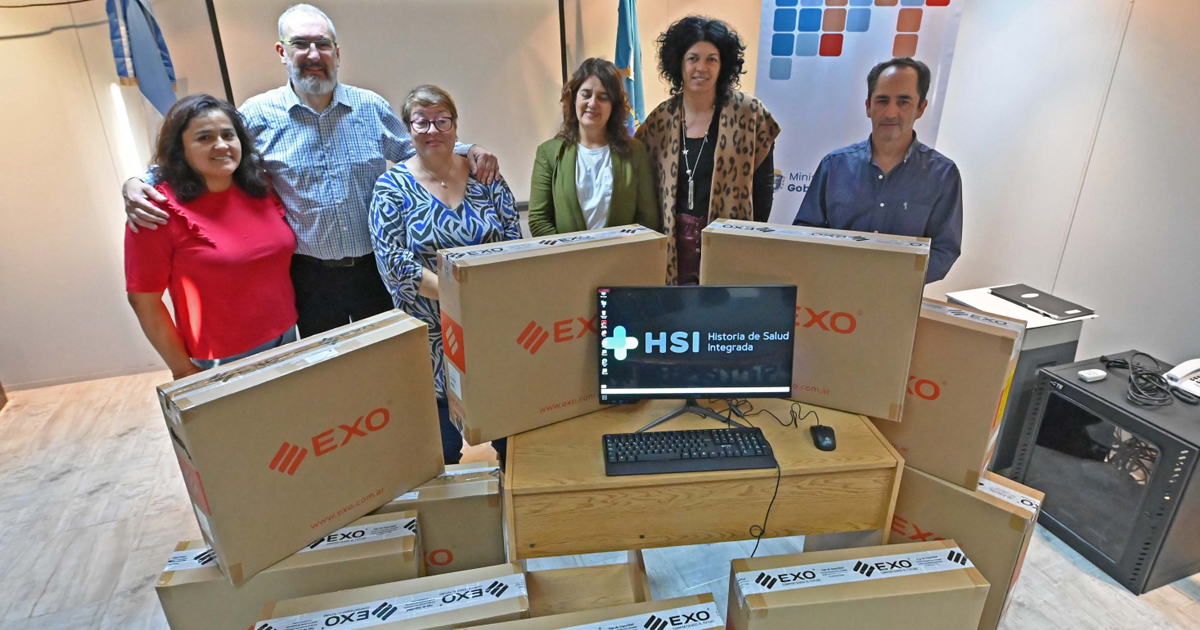The cases of acute renal failure were significantly reduced by the National Health Service in England (NHS) Foundation Trust thanks to the application of Artificial Intelligence (AI).
In the United Kingdom, acute renal failure is related to thousands of deaths annually, so it is important to develop models of care that allow timely diagnosis and treatment of this condition. In this sense, health professionals in the County of Durham and Darlington in the northeast of England, belonging to the NHS Foundation Trust, have begun to use a specialized model of care that uses technology from the C2-AI system.
The C2-AI system incorporates AI models for the efficient and short-term identification of patients at risk of suffering from acute renal failure. Thanks to the implementation of this model, the Darlington hospital of the NHS Foundation Trust managed to reduce the cases of this disease by 80%.
This, in addition to improving the timely care of patients, also gives them the security of having tools and treatment to control the condition while outside the hospital.
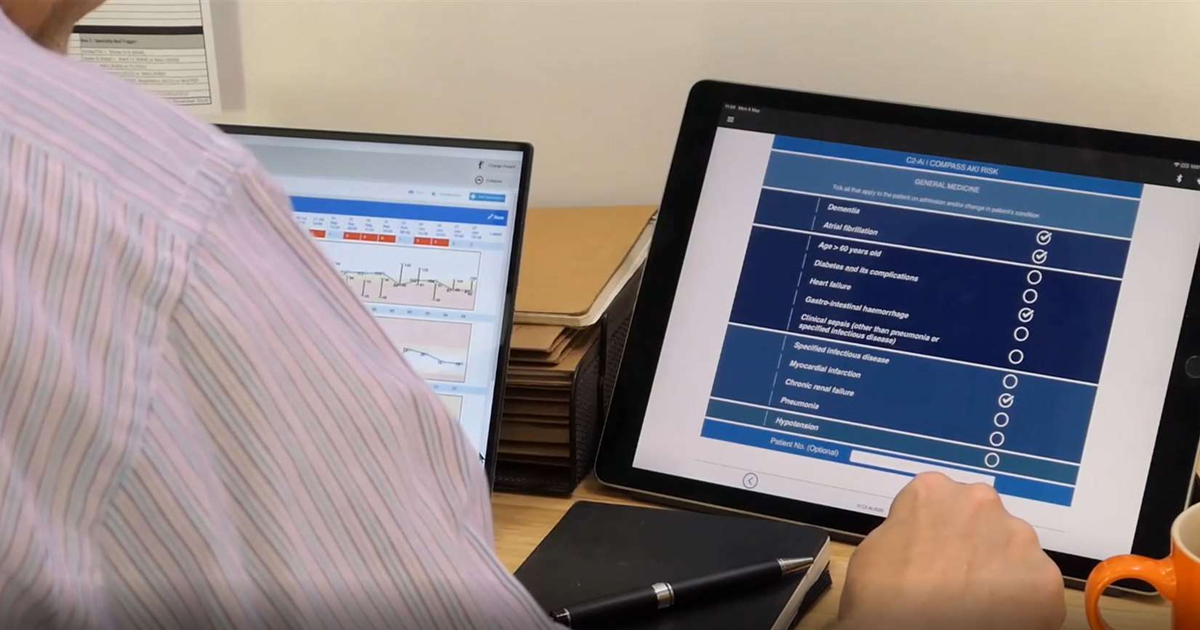
In this way, this AI model could be replicated and in other NHS hospitals throughout the country and thus avoid complications of this disease that affects thousands of people nationwide.
The AI used by the NHS combines digital risk stratification tools, which professionals can access through a mobile application that shows developed care processes and also involves a specialized nursing team, preventive intervention, evaluation and follow-up.
Dr Jeremy Cundall, Medical Director of the NHS Foundation Trust in Darlington and Durham, explained: “The partnership has resulted in patients being detected earlier, preventing AKI from occurring or mitigating worsening of existing acute kidney injury. Consequently, patients have been more effectively triaged into the correct care pathways, including referral and transfer to tertiary renal units where appropriate."
In addition, he recognized that during the COVID-19 pandemic, cases of this condition were quickly detected, which caused the acceleration of applying adequate treatments. This achieved a sustained improvement in the reduction of the incidence of kidney failure.
“The use of digital innovations supports rapid triage, early detection and treatment to improve outcomes,” explained Claire Stocks Lead Nurse for Early Detection, Resuscitation and Mortality at the NHS Foundation Trust in Durham and Darlington.

